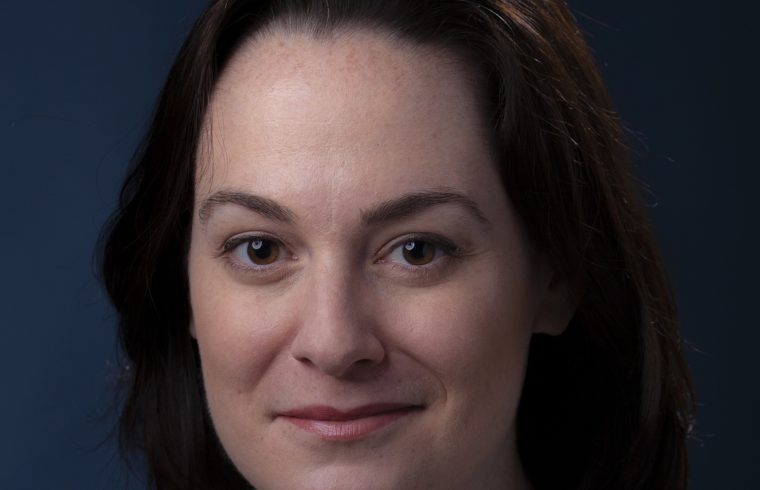The Trump administration introduced a new rule Monday making it harder for low-income immigrants who receive food stamps or other forms of taxpayer-funded assistance to stay in the country legally.
The rule would require immigrants applying for a change in immigration status (like a green card) or those seeking to come here to prove that they are unlikely to ever need public assistance, and can bar immigrants who had received assistance above a certain threshold from being approved.
Pressed on whether or not the rule would undermine the words emblazoned on a plaque at the Statue of Liberty — “give me your tired, your poor” — acting Director of U.S. Citizenship and Immigration Services Ken Cuccinelli disagreed.
“This rule will cover, for USCIS, almost 400,000 a year whose applications to become legal permanent residents will include a meaningful analysis of whether they’re likely to become a public charge or not. I do not think by any means we’re ready to take anything off the Statue of Liberty,” he said.
The rule, which has been in the works for a year, would favor wealthier applicants in the American immigration system, and could dramatically reshape the nation’s immigration system, according to the Migration Policy Institute, an immigration think tank which studied the proposed rule last year. The rule will go into effect in mid-October.
“We certainly expect people of any income to be able to stand on their own two feet,” Cuccinelli said.
Immigration law bars immigrants likely “to become a public charge” from changing or renewing immigration status, but did not previously define “public charge.” A 1999 rule limited green cards for immigrants who were dependent on cash benefits, but did not take into consideration health care or other nonmonetary benefits.
This rule, however, defines public charge as any immigrant who personally benefits from one public benefit for 12 months during a 36-month period. Receipt of two public benefits in one month counts as two months, the rule notes.
There are a number of immigrants who are exempt to the rule, including military members, their spouses and children, asylum-seekers and refugees.
Receipt of benefits before the rule goes into effect in mid-October will not count negatively against applicants, Cuccinelli said.
After the public comment period, there were several changes made to the rule: pregnant women and children under the age of 21 are exempt from the rule and applicants applying for public aid solely for the benefit of another are not considered recipients of such aid.
“DHS received 266,077 comments on the proposed rule, the vast majority of which opposed the rule,” the final draft of the rule noted.
Still, Cuccinelli advocated strongly for the rule, pitching it as a win for Trump.
“President Trump has once again delivered on his promise to the American people to enforce long-standing immigration law,” he said.
Shannon Pettypiece contributed.












